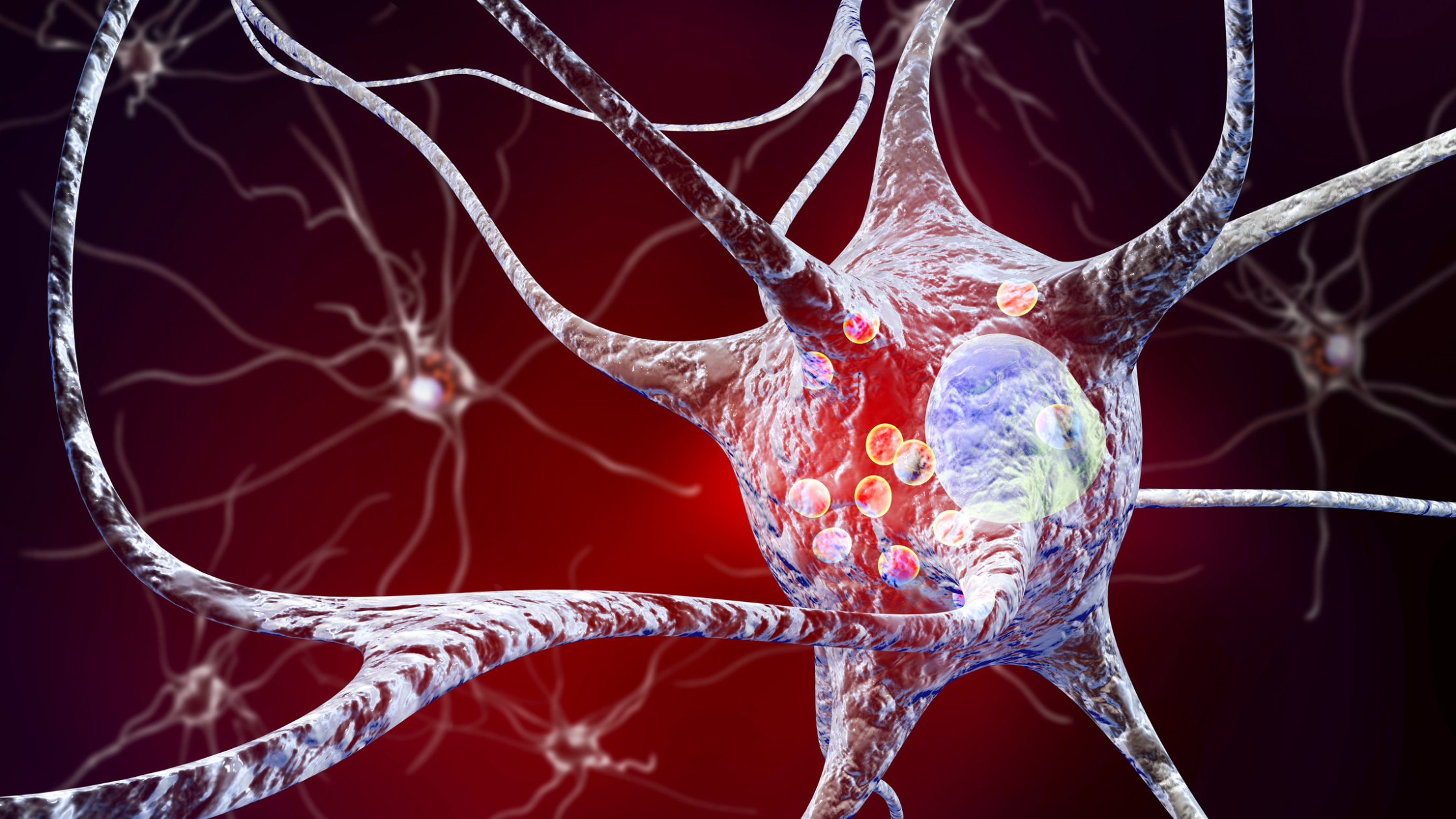“I’ve Been to 10 Doctors with No Answers!”
To say that modern healthcare is frustrating is an understatement. We’re not only talking about complicated insurance policies and long waitlists. We’re talking about the care you’re supposed to be getting from qualified doctors to give you answers.
How many times have you gone to your primary care doctor or even a specialist only to have them repeat the same basic information you’ve heard time and time again?
Do you have gut discomfort? Try cutting out dairy or gluten. You say you’ve tried this, but the doctor just shrugs.
Do you suffer from fatigue? Let’s do bloodwork. Of course, you may be high or low in a few areas, but you never get a detailed wellness plan to help correct any imbalances.
Too many people come to the Tennant Institute saying, “I’ve been to ten doctors and gotten no answers!” Integrative medicine is often their last resort to uncover the root cause of their health issues.
Symptoms such as unrelenting fatigue, gut discomfort, compromised immunity, mood swings, and joint pain can be incredibly frustrating to those who experience them. Conventional doctors, though well-intentioned and highly trained, sometimes find themselves stumped by these enigmatic health problems.
In this article, we’ll explore why some individuals struggle to find answers from even ten or more doctors of conventional medicine and offer a ray of hope through the possibilities of integrative medicine.
Why Conventional Medicine Falls Short
Conventional care is often very effective in dealing with well-defined diseases and conditions. Modern antibiotics are very good at eliminating infections. Surgery can replace a hip or remove a blood clot.
But trouble arises when we get into more chronic diseases. When it comes to symptoms such as fatigue or joint pain, there’s not always a specific problem that can be “treated” or “removed.” Modern medicine rarely takes a holistic approach to health, which is why you might not get answers even from ten or more doctors.
Here are a few areas where integrative medicine can help.
Difficulty Healing
Healing should be a natural and intrinsic process of the human body, but for some, it remains elusive. Whether it’s slow recovery from injuries, stubborn wounds that won’t close, or persistent infections, the inability to heal properly can be a source of immense frustration. Conventional medicine often focuses on symptomatic relief rather than addressing the root causes of poor healing.
One reason for this is the conventional medical model’s reliance on medications that manage pain and symptoms rather than addressing the underlying issues. While pain relief is essential for comfort, it doesn’t always lead to true healing. It’s like putting a band-aid on a wound that requires stitches.
Integrative medicine, on the other hand, seeks to understand the holistic picture of a patient’s health. It considers not only the physical symptoms but also the emotional and environmental factors that might be hindering the healing process. The Tennant Institute, for instance, explores the body’s innate ability to heal by addressing root causes through a combination of conventional and complementary therapies.
Autoimmune Disorders
Autoimmune disorders are a group of conditions where the immune system mistakenly attacks healthy cells and tissues. These disorders can manifest in various ways, affecting different parts of the body. Common autoimmune diseases include rheumatoid arthritis, lupus, and multiple sclerosis. Conventional medicine often focuses on managing the symptoms of autoimmune diseases with immunosuppressive medications and anti-inflammatory drugs.
However, these treatments may not address the underlying factors triggering the autoimmune response, which can be rooted in genetics, environmental toxins, or gut health. As a result, patients may find themselves caught in a cycle of symptom management without experiencing true relief.
Integrative medicine, as practiced at institutions like the Tennant Institute, takes a broader approach. It explores the intricate connections among the immune system, gut health, and environmental factors to uncover the triggers of autoimmune responses. By addressing these root causes, integrative medicine aims to not only alleviate symptoms but also potentially halt or reverse the progression of autoimmune diseases.
Chronic Pain
Chronic pain is an incredibly debilitating condition that affects millions of people worldwide. Whether it’s back pain, migraines, or fibromyalgia, living with persistent pain can disrupt every aspect of life. Conventional medicine often turns to painkillers, such as opioids, to manage chronic pain. While these medications can provide temporary relief, they do not address the source of the pain.
The challenge in treating chronic pain lies in its complexity. It can result from a combination of physical, psychological, and even lifestyle factors. Conventional medicine tends to focus on the physical aspects, such as inflammation or structural issues, while overlooking the emotional and environmental contributors.
Integrative medicine recognizes the multifaceted nature of chronic pain and employs a holistic approach. By examining not only the physical but also the emotional and lifestyle components of pain, integrative practitioners aim to provide lasting relief and improve the overall quality of life for patients.
Chronic Fatigue
Chronic fatigue is a condition characterized by unrelenting tiredness, often accompanied by cognitive impairments and other mysterious symptoms. It can be profoundly frustrating for those affected, as conventional medicine frequently struggles to pinpoint its cause. Conventional doctors, if you’ve been to them for answers, may diagnose it as chronic fatigue syndrome (CFS) or myalgic encephalomyelitis (ME), but treatment options are often limited to symptom management.
Similar to other conditions, chronic fatigue can have various underlying causes, including viral infections, hormonal imbalances, and chronic inflammation. Conventional medicine often lacks the tools to thoroughly investigate and address these complex factors.
Integrative medicine delves deeper into the root causes of chronic fatigue, looking at factors such as gut health, nutritional deficiencies, and environmental toxins. By uncovering these hidden triggers, integrative practitioners can offer tailored treatment plans that aim to restore energy and vitality.
Been to Ten Doctors without Finding Answers? Find Hope in Integrative Medicine at The Tennant Institute
For those who have felt lost and frustrated while seeking answers from ten or more doctors within conventional medicine, there is hope. It’s essential to recognize that not all health issues can be adequately addressed by a one-size-fits-all approach. Going from one conventional doctor to another with no answers may only lead to further disappointment.
The Tennant Institute offers an alternative path – hope for those seeking comprehensive, integrative healthcare. Our approach combines the best of conventional medicine with complementary therapies, focusing on uncovering and addressing the root causes of health issues.
If you’ve been on a frustrating and fruitless medical journey, then stop trying the same approach over and over again. If you’ve been to ten doctors without getting the answers you need, try branching out and learning more about integrative medicine. Our team is happy to connect with you and offer a consultation where you can ask questions and see if our method is right for you.
Don’t wait. Schedule an appointment today.






